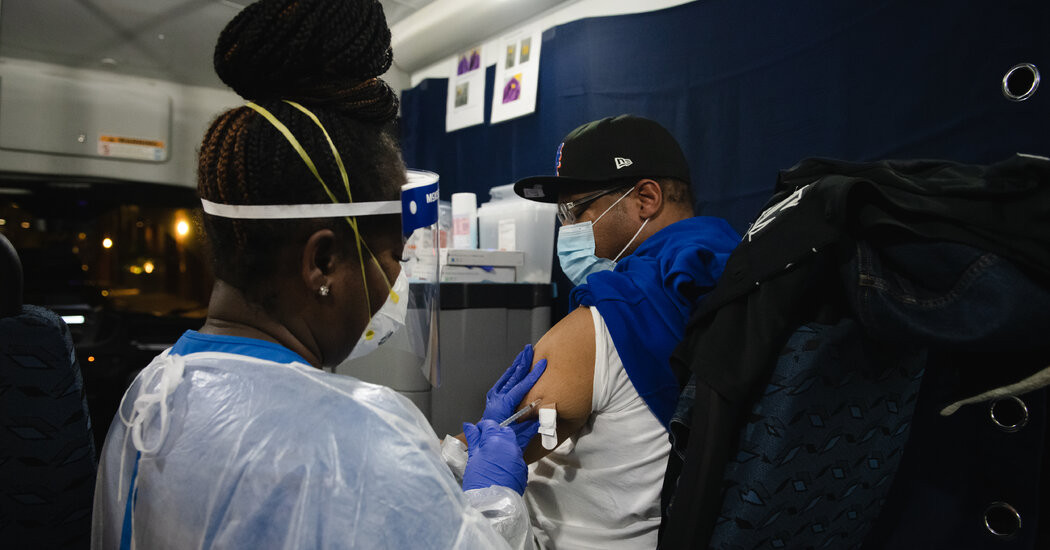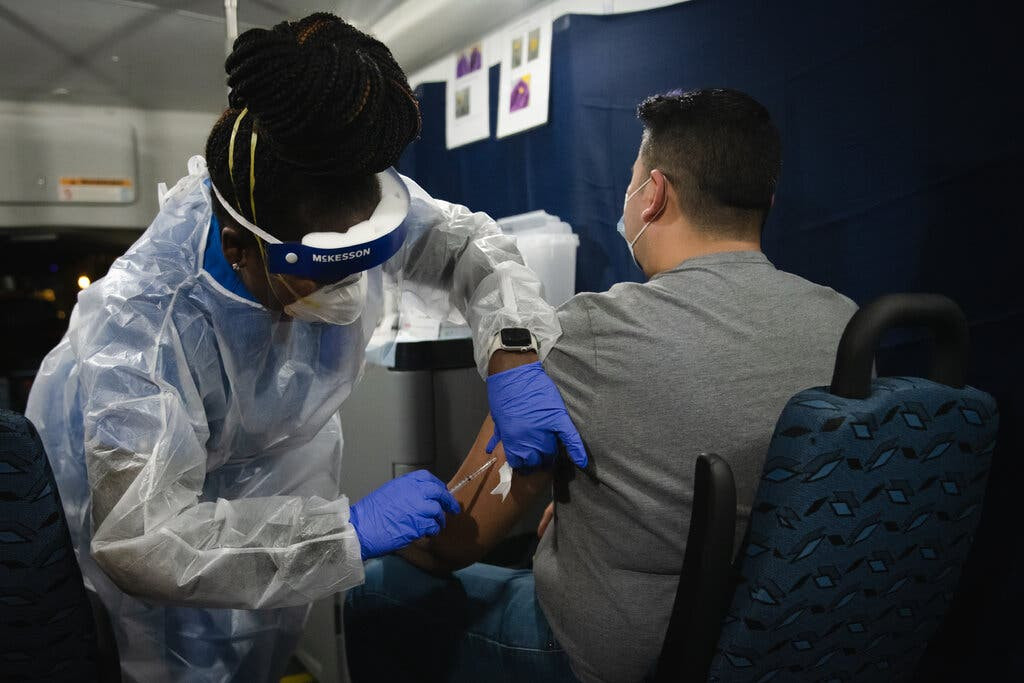Mpox, formerly known as monkeypox, has been detected at an Iowa prison, triggering enhanced sanitation and isolation protocols at the facility. It is unclear how many inmates have been affected, but the outbreak marks the first mpox cases in Iowa in 2024.
The virus comes in two distinct forms, or "clades"—clade I and clade II—and spreads through close contact. Clade II mpox is mostly spread through sexual and intimate contact, with men who have sex with men being at the highest risk of infection. The outbreak has drawn particular attention due to the spread of a new variant of the clade I virus called clade Ib, which appears to be more transmissible than previous forms of mpox. However, the detections at Fort Dodge Correctional Facility have been of the clade II strains, the same that caused the global outbreak in 2022.
The strain of the disease found inside the Iowa correctional facility, which has a population of 1,251, has been identified as the less serious clade 2. Mpox is broken down into two strains: clade 1 and clade 2. Symptons include rashes, fevers and a sore throat, among other things. Clade 1, however, is the far more serious strain of the disease which is rampantly spreading across Africa and has resulted in 517 deaths this year, according to the Africa Centres for Disease Control and Prevention. Clade 1 has not yet reached the United States, while clade 2 comes with a 99.9 percent survival rate. The cases detected at the Fort Dodge facility were the first in Iowa this year, the US CDC confirmed. Only one case was recorded in 2023.
Mpox: The Spread and the Response
The World Health Organisation declared the last mpox global emergency over in May 2023. And just over a year later, here we are again. Since the start of 2024, a deadlier, more transmissible strain of the virus has killed over 600 people. New cases have recently appeared in Europe and Asia. In August, the WHO declared a new mpox global health emergency. The WHO Mpox report dated September 3, 2024, provides global data up to July 31, 2024. A total of 102,997 laboratory-confirmed cases and 186 probable cases, including 223 deaths, have been reported to the WHO.
The Iowa Department of Corrections says they are "actively managing the situation with robust health measures." Enhanced sanitation and isolation protocols are in place to prevent further spread, and those infected are receiving care. The Department of Corrections has not yet disclosed how many inmates have been affected.
Understanding Mpox
The virus is spread in multiple ways, including “close contact (including intimate or sexual contact) with a person with mpox, and through contact with contaminated materials,” according to the US Centers for Disease Control and Prevention. The incubation period for someone who tests positive is usually six to 13 days but can be five to 21 days.
In 2022, outbreaks of clade 1 Mpox struck refugee camps in the Republic of the Sudan and suddenly appeared and spread across Europe, the Americas and all six World Health Organization regions. Since then, a total of 17,541 cases have been reported in Africa in 2024, including 517 deaths, said Africa CDC.
The Global Perspective
Globally, over 120 countries experienced Mpox cases from the start of 2022 until now, the WHO said. The WHO reported nearly 103,000 confirmed cases worldwide.
Clade I mpox has not yet been detected in the United States, and the Department of Health and Human Services (HHS) said that it expects the virus would "cause lower morbidity and mortality in the United States" than it has done in Africa should it make its way over. Despite this, the HHS continues to encourage those at high risk to get vaccinated with the Jynneos mpox vaccine. The Centers for Disease Control and Prevention recommends such measures if the following applies:
A Call for Vigilance
This incident in Iowa serves as a reminder of the ongoing threat posed by mpox, both domestically and globally. The virus continues to spread, and while there are effective treatments and vaccines, vigilance and proactive measures are crucial to mitigating its impact. The outbreak at the Iowa prison underscores the importance of robust public health responses to contain and prevent the spread of infectious diseases. It is a reminder that even within seemingly secure environments, the threat of outbreaks remains a reality.
The response to the mpox outbreak in Iowa underscores the importance of prompt detection, isolation, and containment measures. It also highlights the need for continued vigilance and awareness, not just within the US but globally. The world must remain united in its efforts to combat mpox and prevent future outbreaks.


















